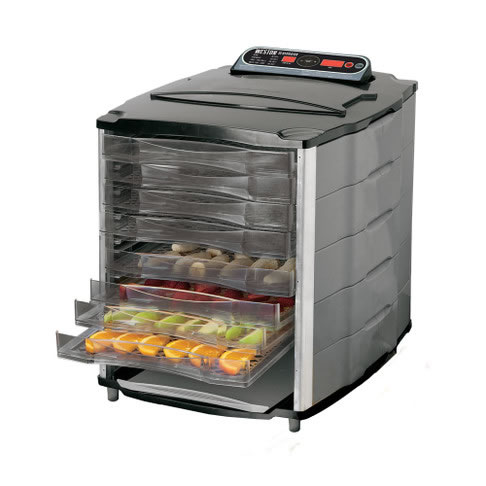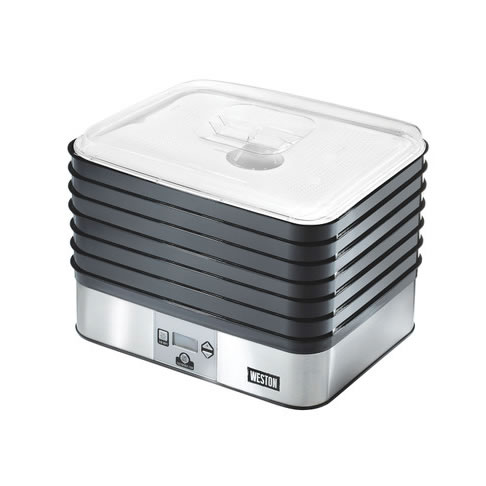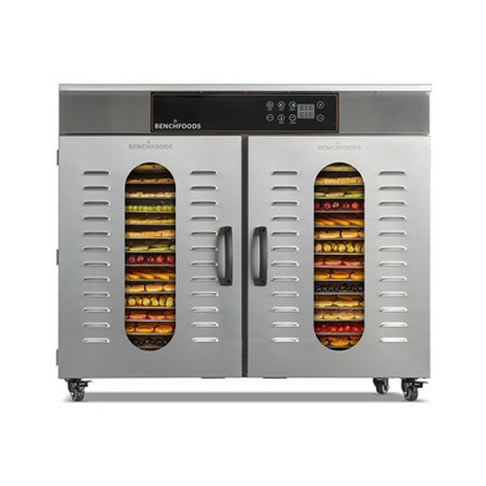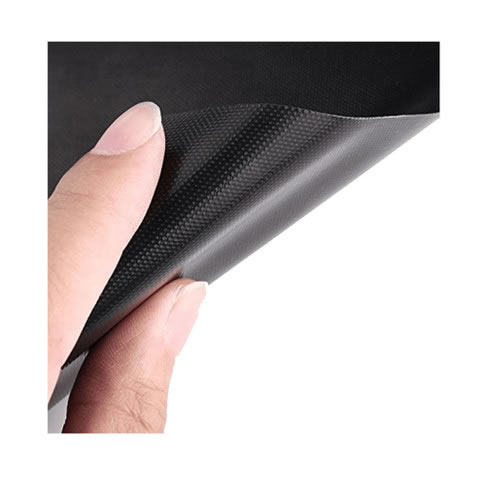Commercial Dehydration for Businesses
For commercial businesses, food dehydration offers a multitude of benefits, from extending the shelf life of products to creating unique menu items. This introductory guide covers the basics of food dehydration for commercial enterprises, highlighting how this method can be a game-changer in the food industry.
The Basics of Commercial Food Dehydration
Commercial food dehydration involves removing moisture from food products at a low temperature over an extended period. This process not only preserves the food but also concentrates its flavors, making it ideal for creating a variety of dried food products.
Advantages for Commercial Businesses
- Extended Shelf Life: Dehydrated foods last longer, reducing waste and costs.
- Unique Product Offerings: Dried foods can differentiate your product line, offering customers unique choices.
- Cost-Effectiveness: Bulk processing and preservation can lead to significant cost savings.
Choosing the Right Commercial Dehydrator
Consider factors like capacity, energy efficiency, ease of use, and maintenance when selecting a dehydrator. Commercial units are designed to handle larger volumes and more frequent use, essential for business operations.
Incorporating Dehydration into Your Business
- Menu Innovation: Use dehydrated ingredients to create unique dishes or garnishes.
- Packaged Goods: Offer dehydrated snacks or ingredients as part of your product line.
- Catering to Health-Conscious Consumers: Market dehydrated products as healthy, natural options.
Best Practices in Commercial Dehydration
- Maintain consistent quality by following standardized dehydration processes.
- Keep detailed records of temperature and time settings for different products.
- Ensure proper sanitation and handling to meet food safety standards.
Kill Step Consideration
For meat products, ensure a 'kill step' to eliminate harmful bacteria by pre-heating meat to a safe temperature before dehydration, as recommended by food safety guidelines.
Energy Consumption
When integrating commercial dehydration into a business operation, it's crucial to consider the energy consumption of these larger units. Commercial dehydrators, designed for heavy usage and larger batches, typically consume more energy than their domestic counterparts. This increased consumption is due to their larger size, higher power heating elements, and more robust air circulation systems. Therefore, businesses should evaluate the energy efficiency of different models, considering factors like insulation quality, temperature control accuracy, and the efficiency of the air circulation system. An energy-efficient model can significantly reduce operational costs over time. Additionally, businesses should assess the overall impact on their energy bills and seek models that strike a balance between dehydration efficiency and energy usage.
Conclusion
Embracing food dehydration can open new avenues for commercial businesses in the food industry. By understanding and implementing the principles of commercial food dehydration, businesses can enhance their product offerings, appeal to a broader market, and optimize operational efficiency.




